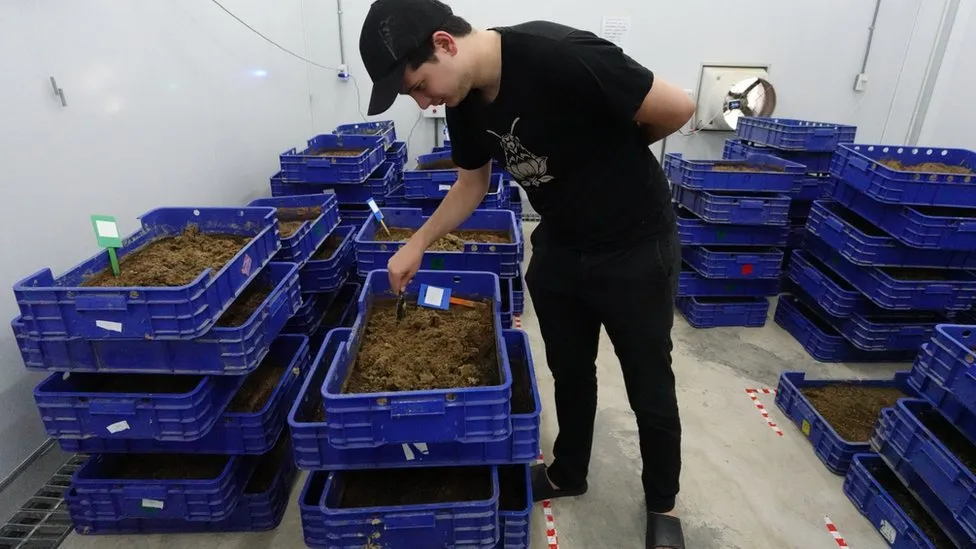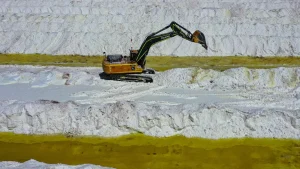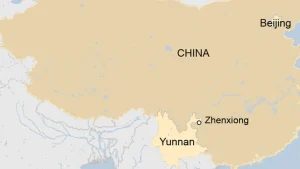Insect Farmers Embracing AI for Cost Reduction
The Insect Farmers Turning to AI to Help Lower Costs
Insect farming has gained significant traction in recent years as a sustainable and environmentally friendly source…

The Insect Farmers Turning to AI to Help Lower Costs
Insect farming has gained significant traction in recent years as a sustainable and environmentally friendly source of protein. Insects such as crickets and mealworms are rich in nutrients and require far fewer resources to cultivate compared to traditional livestock like cows and pigs. However, one of the major challenges facing insect farmers is the high costs associated with production.
To address this issue, a growing number of insect farmers are turning to artificial intelligence (AI) to optimize their operations and reduce expenses. By using AI-powered algorithms and sensors, farmers can monitor and control factors such as temperature, humidity, and feeding schedules more efficiently, leading to higher yields and lower operating costs.
AI can also help farmers predict and prevent potential issues such as disease outbreaks or fluctuations in market demand, allowing them to be more proactive in their decision-making. In addition, machine learning algorithms can analyze data collected from various sources to identify patterns and optimize production processes, further driving down costs.
Overall, the integration of AI technology in insect farming not only has the potential to make operations more cost-effective but also more sustainable in the long run. As the demand for alternative protein sources continues to rise, AI will play a crucial role in helping insect farmers meet the needs of a growing population while minimizing their environmental impact.







